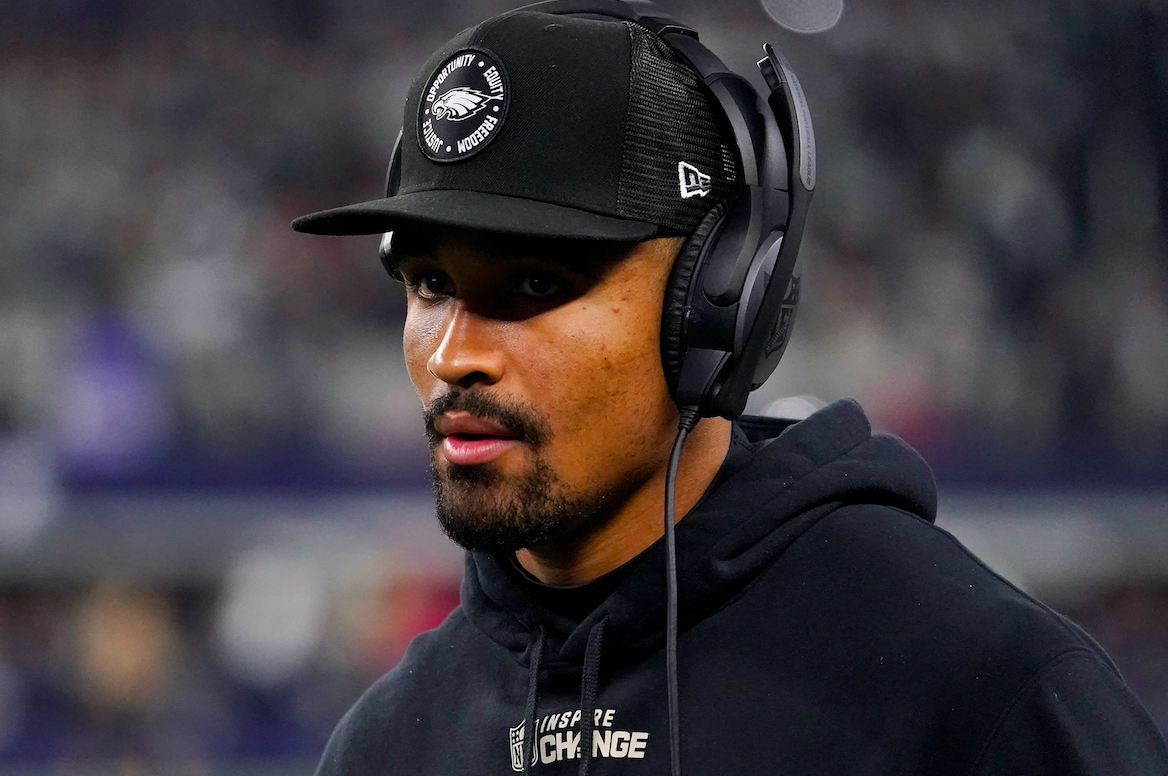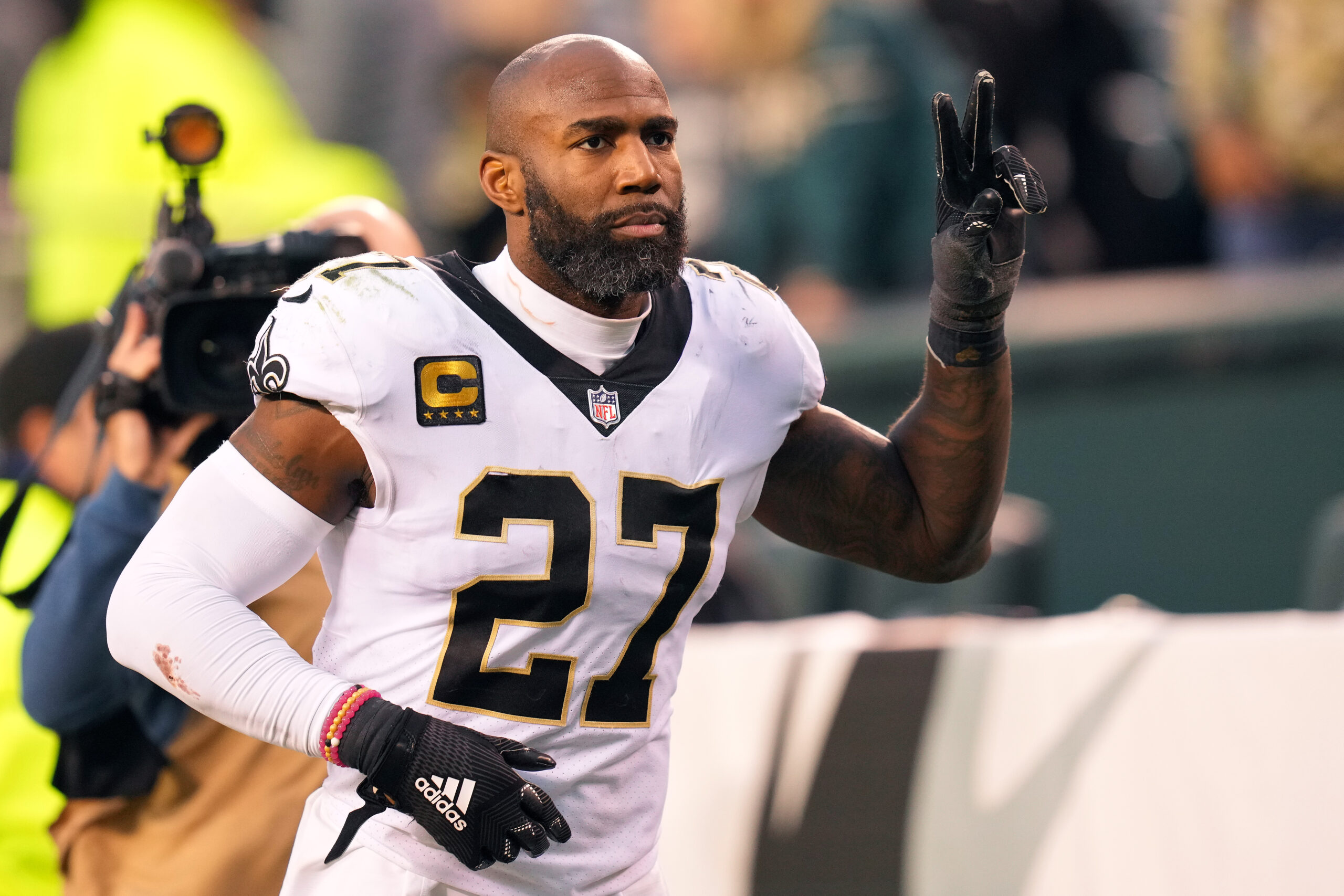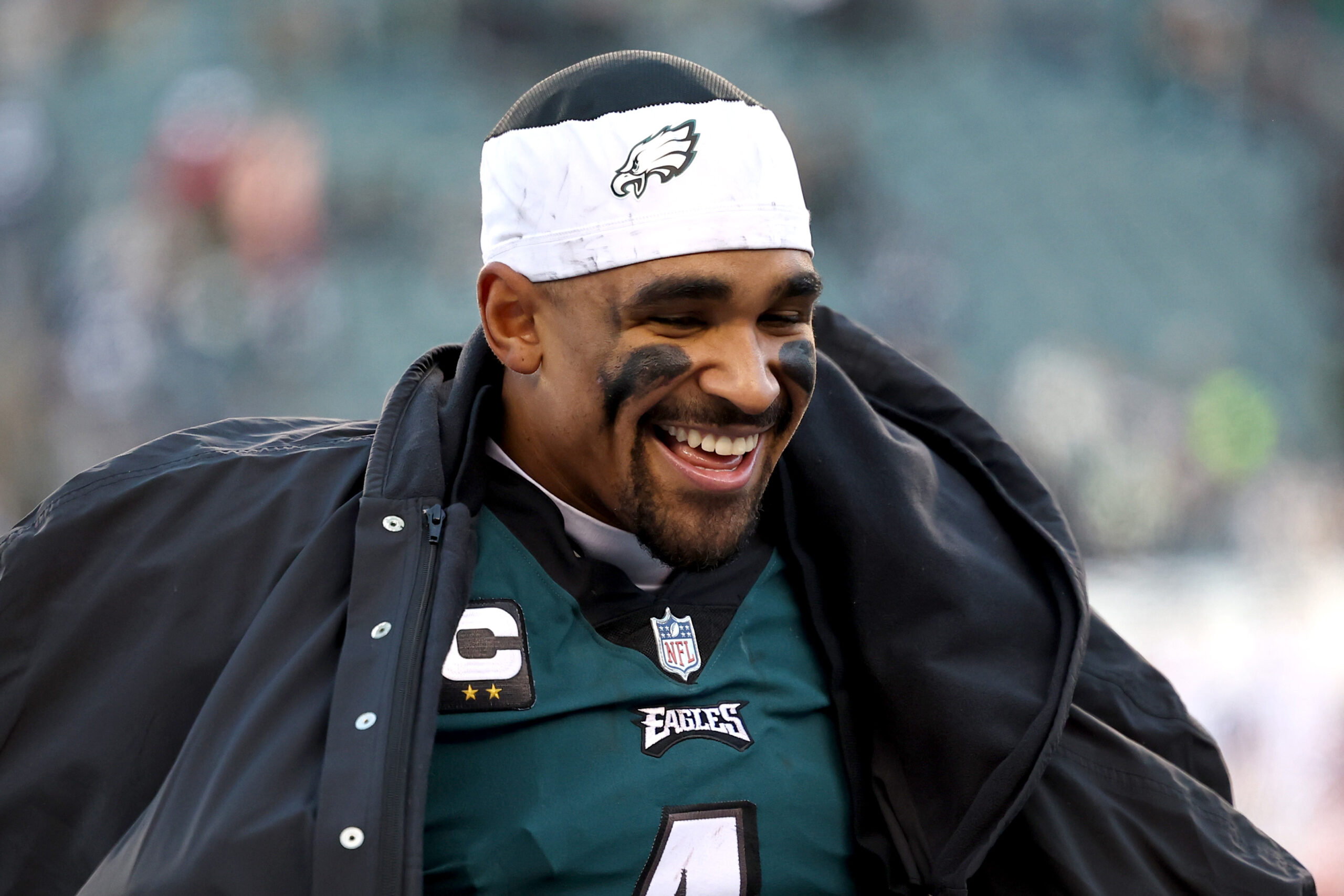The often criticized Players Coalition helped nine former inmates breath a little easier during the holidays.
One of the very first disclaimers used against those NFL players who kneeled or otherwise protested during the national anthem over the past two seasons has been that there is no plan to address the conditions that allow for white supremacy and the marginalization of certain groups of people.
The deal struck between the Players Coalition and the NFL has garnered resources that are now being used to address these cultural issues. On Thanksgiving, nine people were bailed out of a Philadelphia jail due to a grant from the Eagles Social Justice Fund, which includes money raised by players and matched by the team.
Eagles safety Malcolm Jenkins, who had been lambasted by former coalition member and current Carolina safety Eric Reid for striking the deal, hosted services fair on Monday that allowed those individuals who were freed on Thursday to be connected with grassroots organizations that can help them with their uniquely specific issues.
“We recognize that the only reason that these people were in jail is that they couldn’t afford to get out. If any of them had the resources I did, they would be out,” Jenkins said. “So it’s not a matter of public safety or being convicted of a crime, which they haven’t yet, it’s just they’re simply too poor for their freedom.”
The Eagles Social Justice Fund has collected nearly a half million dollars to date.
According to the deal struck between the NFLPA and the league, funds are set up so that players could donate half while the team matched the rest. Thus far the Eagles have disturbed nearly $200,000 via four Philly area nonprofit organizations; Philadelphia Community Bail Fund, Police Athletic League of Philadelphia, Philadelphia Opportunities Industrialization Center, and the United Way of Greater Philadelphia and Southern New Jersey.
The Eagles created a social justice leadership council which includes six players — Jenkins, Rodney McLeod, Chris Long, Derek Barnett, Nelson Agholor and Michael Bennett — and five staff members in charge of setting up the structure of the fund and helping with the application process.
“There are teams across the country that I think have really taken this responsibility seriously and said, ‘We want to be a part of the solution,'” said Julie Hirshey, the Eagles’ director of community relations. “I know our players in particular, it was really important to them and to [CEO/Chairman] Jeffrey Lurie to be able to say that, ‘We want to give a voice to people who don’t necessarily have them. We have a voice, how can we lend that?’
Though there was no quid pro quo was specified in the deal between the NFL and the Players Coalition, the NFL was hopeful that it would effectively end the movement started by Colin Kaepernick in 2016. Some players, including Eric Reid, broke from the coalition right before the deal was struck, unhappy with how Jenkins and Boldin handled the negotiations.
On Monday, Jenkins explained why he felt it was important to partner with the league.
“To have that support and backing is something that we wanted to do because now it can be replicated in every market. Every NFL market has an opportunity to get to know their local grassroots organizations, get to figure out what the issues are, and decide as players where they want those funds to go, to be able to interact and have impact in a way that we could never do in silos as individual players,” he said.



